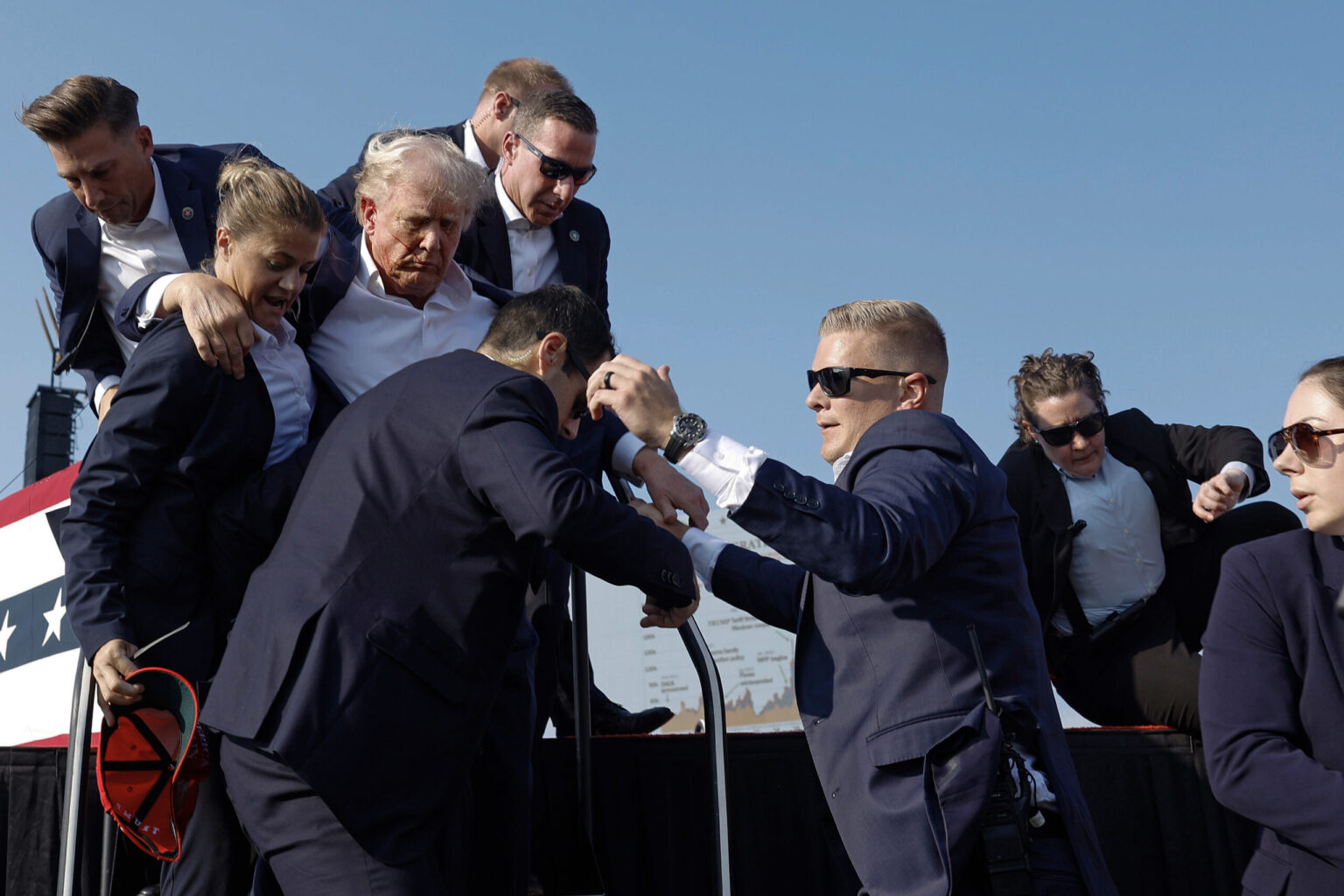South Korea finds itself in the throes of a political maelstrom, with its acting president, Choi Sang-mok, thrust into the national spotlight just days after assuming office. Choi, appointed as interim leader on Friday, is grappling with the dual challenges of a devastating plane crash and a leadership vacuum that has left the nation without an elected head of state.
The crash, occurring roughly 190 miles from Seoul, is Choi’s first major test. Arriving at the site on Sunday, he directed government agencies to deploy all available resources for rescue operations. This immediate crisis unfolds against the backdrop of an unprecedented political upheaval, which has seen two presidents impeached within a span of two weeks.
The turmoil began when President Yoon Suk Yeol declared martial law earlier this month, sparking widespread protests and the gravest constitutional crisis in South Korea since its democratization in the late 1980s. Lawmakers impeached Yoon on December 14 over his controversial decision, leaving the country leaderless. Prime Minister Han Duck-soo initially stepped in as acting president but was himself impeached less than two weeks later, on Friday.
This chain of events elevated Choi Sang-mok, a career bureaucrat and finance expert, to the presidency. Having climbed the ranks in the finance ministry, Choi previously served as deputy finance minister during the impeachment of former President Park Geun-hye in 2017. He returned to government in 2022, when Yoon appointed him as finance minister.
Now, Choi leads a nation deeply divided and politically adrift. South Korea, a key ally of the United States, faces mounting security threats from North Korea’s nuclear ambitions and economic pressures at home. The absence of a strong, elected leader has shaken business and consumer confidence, sent the won plummeting, and left citizens questioning the stability of their government.
The political deadlock adds another layer of uncertainty. A new administration cannot be formed until the Constitutional Court determines whether to reinstate Yoon or formally remove him from office. The court has up to six months to make its decision, leaving South Korea in limbo during a critical time.
In the meantime, Choi is tasked with holding the nation together. His expertise in economic policy and crisis management may provide some stability, but without an electoral mandate or long-term authority, his ability to navigate the country’s challenges remains uncertain.
As South Korea faces these turbulent times, its leadership vacuum highlights the fragility of even the most established democracies. With domestic and international challenges mounting, the nation stands at a crossroads, its future hanging on the decisions of its interim leader and the Constitutional Court.




